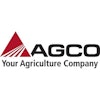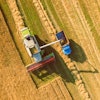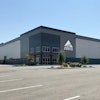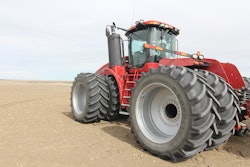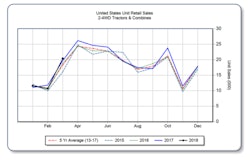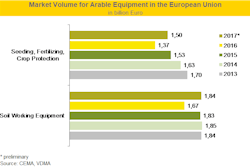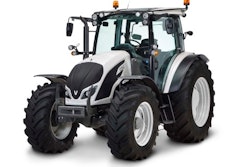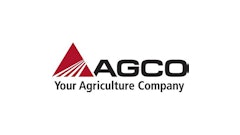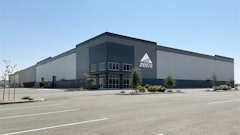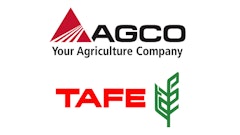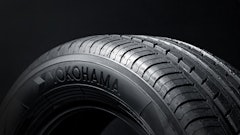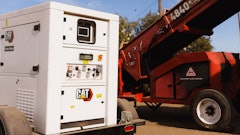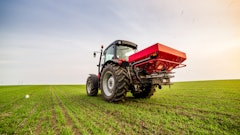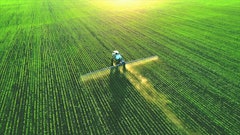A coalition of associations from the EU agri-food chain has launched a joint EU Code of Conduct on agricultural data sharing in Brussels. The Code promotes the benefits of sharing data and enables agri-business models, including agri-cooperatives and other agri-businesses, to swiftly move into an era of digitally enhanced farming. The Code sheds greater light on contractual relations and provides guidance on the use of agricultural data, particularly the rights to access and use the data. 
The signatories of the Code believe that access to accurate agricultural data is vital to develop digital farming enabling farmers and cooperatives to produce more using less resources. In order to fully reap the benefits of digital farming, sharing Data between different partners in the agro-food chain must be conducted in a fair and transparent way. This EU Code of Conduct on Agricultural Data Sharing by Contractual Arrangement agreed by Copa and Cogeca, CEMA, Fertilizers Europe, CEETTAR, CEJA, ECPA, EFFAB, FEFAC, ESA, aims to set transparent principles, clarifying responsibilities and creating trust among partners. It sets out key guidelines for operators to follow, combined with a check list. Granting access to the necessary data will facilitate and accelerate data driven business models.
The Code recognises the need to grant the data originator (the one who has created/collected the data either by technical means or by himself or who has commissioned data providers for this purpose) a leading role in controlling the access to and use of data from their business and to benefit from sharing the data with any partner that wishes to use their data. The guidelines underline that the right to determine who can access and use the data is attributed to the data originator. In practice this means that for instance, the rights on data produced on the farm or during farming operations is attributed to the farmer and may be used extensively by him.
“I welcome the EU Code of conduct on agricultural data sharing initiated by the stakeholders of the agro-food sector. As Europe is moving towards a more modern and more sustainable CAP, technological solutions will be more important than ever, giving precision agriculture and data-driven solutions a crucial role to play,” EU Agriculture Commissioner Phil Hogan says.
"As we move towards completing the European data economy by making more data available and flow freely, I am happy to see the agri-food sector joining forces to tackle an important bottleneck on the journey towards digital agriculture," Commissioner Gabriel says.
